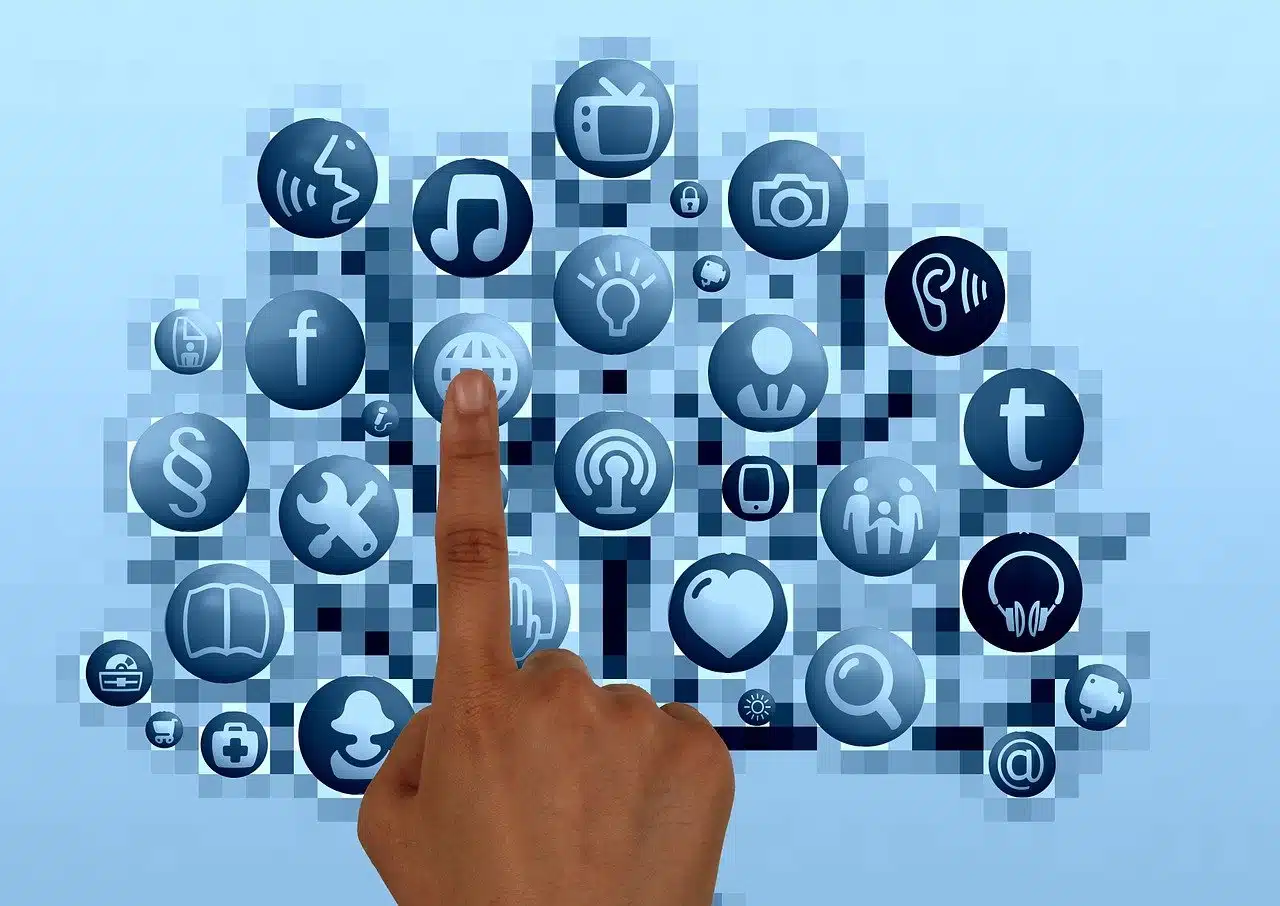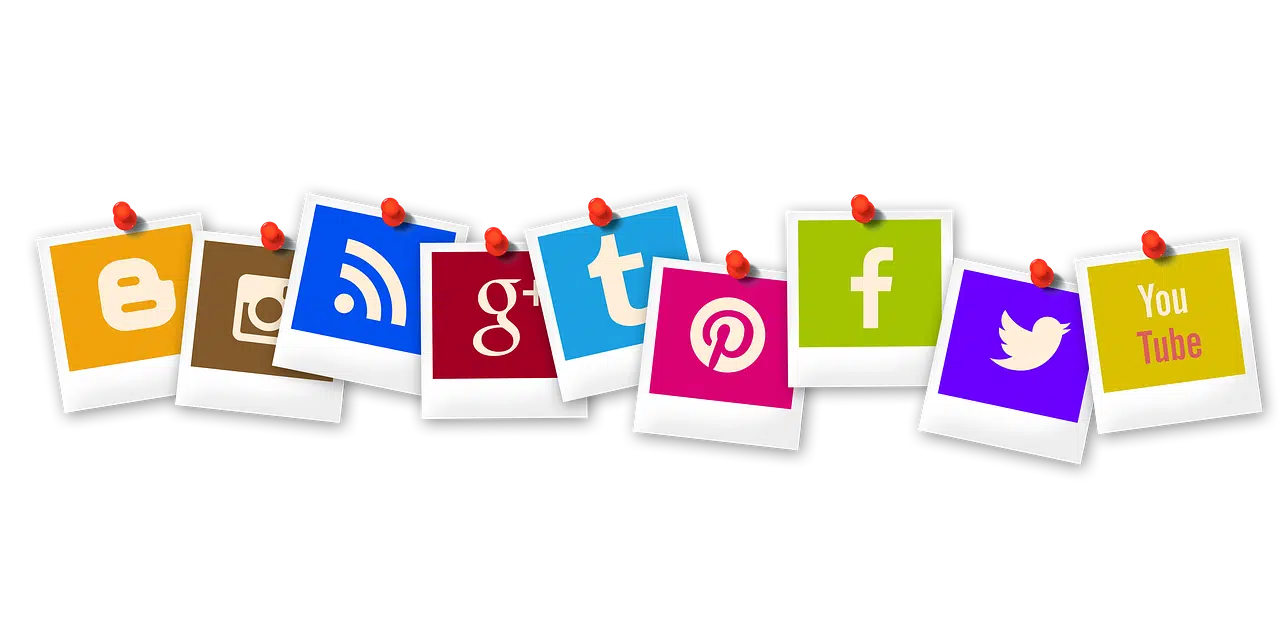
A social network allows you to share content with millions of users.
Social network is a concept that is formed with two clearly differentiated terms. Red , which comes from the Latin rete , refers to the structure that has a characteristic pattern . This definition allows the notion to be applied in various areas, such as computing (where a network is a set of interconnected computers that share information ).
Social , for its part, is that belonging to or related to society (the set of individuals who interact with each other to form a community). Social usually implies a sense of belonging.
The notion of social network , therefore, is linked to the structure where a group of people maintain some type of link . These relationships may be friendly, sexual, commercial or of another nature. For example: "The town's social network worked perfectly to channel solidarity with the victims of the flood" , "The family is the basis of any social network" .
Current meaning of the concept of social network
The concept, in any case, has been updated in recent years to indicate a type of Internet site that favors the creation of virtual communities , in which it is possible to access services that allow groups to be formed according to the interests of the users, sharing photographs, videos and information in general.
The most popular social network today is Facebook , which has more than 2.9 billion users exchanging messages and computer files. Other famous social networks are Instagram , TikTok and Snapchat .
It is possible to find social networks on the Internet that specialize in certain sectors or that aim to attract a specific group of users. LinkedIn , for example, brings together professionals and attempts to foster business and job mobility, leading to the emergence of niche communities.

A social network works like a virtual community.
Description of the most popular platforms
Let's see below a summary of some of the most used social networks in the world, along with a short description of their characteristics and objectives:
- Facebook : This is a social network that seeks to connect people from all over the planet, and that many use to reconnect with old childhood friends or people they have not seen for a long time . As mentioned in previous paragraphs, it has reached the position of undisputed leader. Among the options it offers us are creating groups with various criteria, sharing photographs and all types of multimedia files, participating in surveys and sending messages to famous people who perhaps we would not be able to contact in any other way.
- YouTube : Many people don't know that YouTube is, in fact, a social network that started as a free video publishing service. However, today, thanks to the apparent simplicity of its interface, the fact that you can leave comments on much of the content and the possibility of transmitting live video, this powerful tool allows you to communicate with people from all over. in the world and is very beneficial for unknown artists who want to make a place for themselves in the culture and entertainment industry.
- X (former Twitter) : This microblogging application has been a true revelation, since it has conquered the entire planet despite its apparently exaggerated character limit by message, which, on the other hand, has aroused in many users the challenge of taking advantage of it in the best possible way every time. X , formerly known as Twitter , allows us to share our activities at all times with a group of people, with the possibility of including multimedia content . Its now well-known hashtag has become part of popular language and is widely used by large companies to promote their products taking advantage of trends.
- MySpace : This is a portal especially used by singers seeking to achieve fame. On MySpace you can share music files, videos and photos, meet and stay in touch with other artists, and even create blogs.

An influencer is a social media user whose posts, publications or stories accumulate thousands of "Likes" and who can influence the decisions of their followers.
The dangers of social networks
Beyond the obvious advantages and possibilities that social networks provide, these platforms can also be harmful. Phishing on social networks , for example, allows cybercriminals to obtain personal information from users and thus commit different crimes.
Cyberbullying is another scourge that can occur in an online community. Those who spread hate messages and generate confrontations are mentioned as trolls . Aggression can even be automated with the use of bots on social networks, which publish messages imitating the actions of a human being.
It should be considered that, through the privacy settings , you can cancel the possibility of receiving a direct message, in addition to establishing other parameters that allow you to protect yourself from attacks.
Another increasingly widespread danger is the spread of fake news . This misinformation can lead people to take as true or real various issues that, in reality, are lies or do not exist. This phenomenon occurs above all in politics, but it can erupt in other areas, even in the field of health (such as when false data about vaccines is spread, to mention one possibility).
